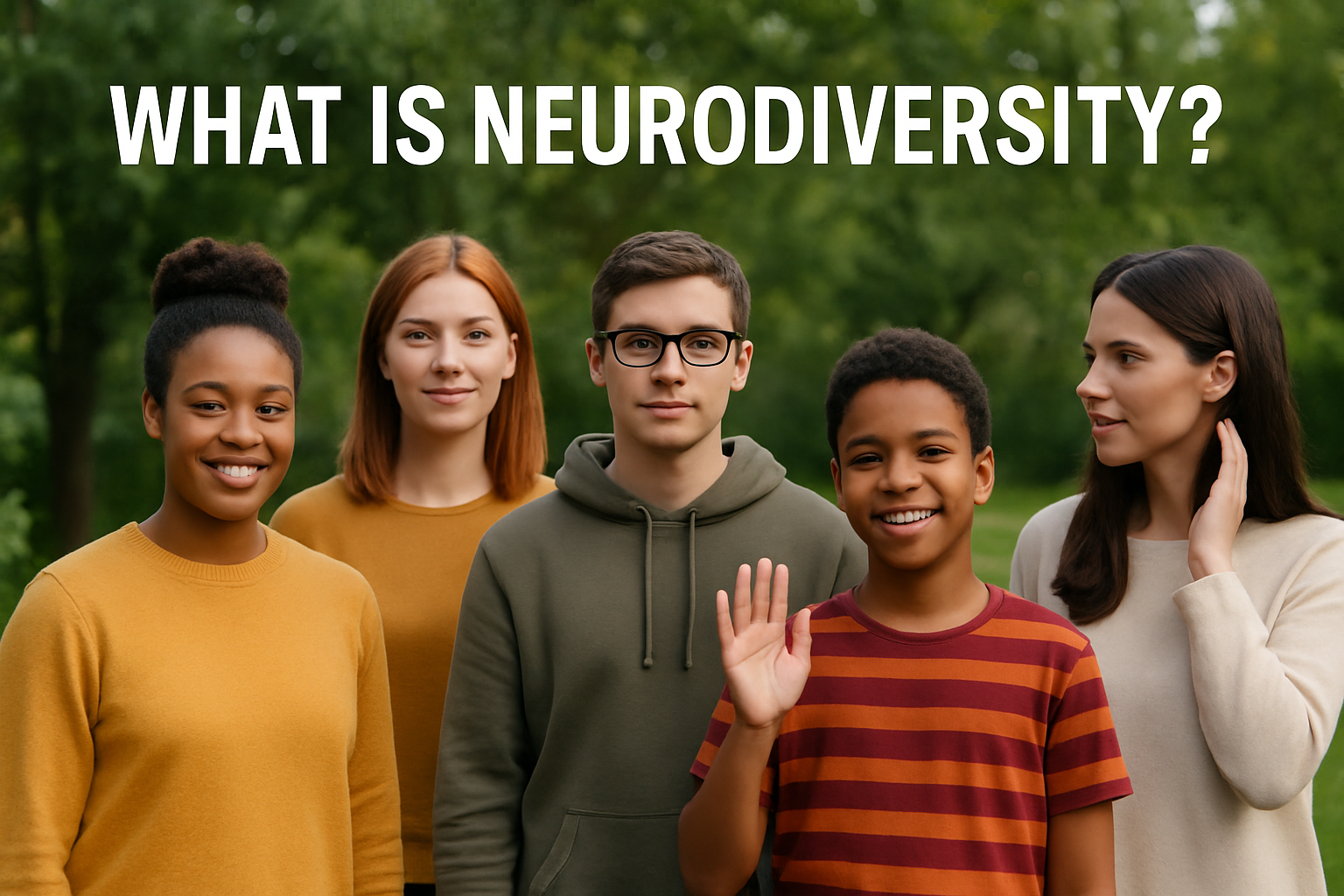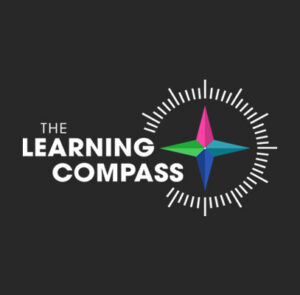
Imagine a world where every learner’s mind is celebrated as a unique masterpiece—where differences aren’t deficits but beautiful variations of human experience. For students and educators, understanding neurodiversity can feel like unlocking a secret code to supporting the people we cherish. But what is neurodiversity, and why does it matter so much? And how can non-English speakers navigate neurodiversity whilst overcoming social pressure, bias and systemic barriers within their own cultures, religions and communities?
Let’s break it down, step by step, so you can feel empowered and informed.
Neurodiversity Explained: A Simple Definition with a Big Impact
At its heart, neurodiversity is the belief that every brain works differently—and that’s not just alright, it’s essential. Coined in the late 1990s by sociologist Judy Singer, this term recognises that conditions like ADHD, autism, dyslexia, and others aren’t flaws to “fix” but natural parts of human diversity, much like eye colour or height. For more on ADHD, visit the ADHD Foundation. For autism, the National Autistic Society offers valuable insights, and for dyslexia, check the British Dyslexia Association. Instead of seeing these differences as struggles, neurodiversity invites us to view them as strengths—unique ways of thinking, learning, and experiencing the world.
If you are new to this world, you might feel daunted by terms like “neurotypical” and “neurodivergent”. But here’s the truth: understanding neurodiversity isn’t about labels—it’s about connection and respect. It’s about seeing the quirks, challenges, and brilliance as part of who you are so we can create a world where everyone’s voice can be heard and respected.
Why Does Neurodiversity Matter to You?
If you’ve ever watched a child struggle to fit into a one-size-fits-all classroom—or felt your heart sink when they came home upset—you’re not alone.
Research shows that up to 1 in 5 children in the UK may be neurodivergent, meaning millions of families are on this journey. Neurodiversity matters because it changes the story: your child isn’t “broken.” They’re wired for a different kind of brilliance—whether that’s the hyperfocus of ADHD, the pattern-spotting genius of autism, or the creative problem-solving of dyslexia. Learn more about these conditions at the ADHD Foundation, National Autistic Society, and British Dyslexia Association.
For educators, it’s a call to adapt. Traditional teaching doesn’t suit everyone. Embracing neurodiversity means tailoring support to unlock every learner’s potential. And for parents and families, it’s a lifeline—a way to support your family and friends with confidence by knowing their differences are valid and valuable.
The Emotional Heart of Neurodiversity
Let’s be honest. Raising or teaching a neurodivergent child can feel lonely. You might wonder, “Why does my child find it hard when others don’t?” or “Am I doing enough?”. Traditional religious and cultural perspectives can convince you that ‘there is something wrong’.
These thoughts sting—but here’s the positive thing: neurodiversity reminds us that your child’s unique mind is a gift. Perhaps they notice details others miss, feel emotions with incredible depth, or tackle challenges with resilience that inspires you every day. That’s the power of a neurodivergent brain.
Take Danni, a mum that Aiysha has supported at The Learning Compass. Her son, Harry, has autism and ADHD. He really struggled at school and was missing out on a lot. He is now being homeschooled and preparing for his GCSE exams in his own time without the pressures and expectations of a mainstream classroom. He struggled with sensory overload and anxiety at school. “I didn’t know what to do,” she told us. “But since receiving Harry’s diagnosis and getting the right support, he is happier than ever.”
With the right autism and ADHD support, guided by resources like those from the National Autistic Society and ADHD Foundation, Harry is now flourishing, and ready to take on the challenge of GCSEs which is just amazing to see.
Breaking Down the Basics: Key Terms to Know
To make neurodiversity less of a puzzle, here are the essentials:
• Neurotypical: Brains that align with society’s “usual” ways of thinking and learning.
• Neurodivergent: Brains that differ from the norm—like those with ADHD, autism, dyslexia, or sensory processing challenges. Explore these at ADHD Foundation, National Autistic Society, and British Dyslexia Association.
• Strength-Based Approach: Focusing on what neurodivergent learners can do, not just their difficulties (e.g., creativity, persistence, unique perspectives).
• Support Needs: Every neurodivergent learner is unique—some need light guidance, others more tailored help, like tutoring or an EHCP. For EHCP details, visit the UK Government’s Education Support page.
Knowing these terms isn’t just theory—it’s practical. It’s the first step towards finding useful strategies.
How Neurodiversity Shapes Learning—and What You Can Do
Neurodivergent learners often face a world built for neurotypical minds—think noisy classrooms, strict timetables, or text-heavy tasks. But here’s the hopeful bit: with the right tools, they can thrive. For example:
• ADHD: Learners might need movement breaks to channel energy into focus. See strategies at the ADHD Foundation.
• Autism: Visual timetables and engaging games can turn chaos into calm. Find tips at the National Autistic Society.
• Dyslexia: Audio learning can spark a love for stories and art can bring numbers and letters to life. Learn more at the British Dyslexia Association.
Not sure how to begin? You don’t have to do it alone.
At The Learning Compass, we’ve seen how personalised tutoring can turn frustration into confidence for neurodivergent learners across the UK—whether online or at home.
Your Next Step: Embrace the Journey
Neurodiversity isn’t just a buzzword—it’s a mindset shift that can transform how you see yourself or your child. It’s about swapping “Why can’t they keep up?” for “How can I meet them where they are?” The answer might be a chat with a teacher, an EHCP application or expert support tailored to the learner’s needs.
Ready to take that step?
Browse our range of multilingual SEN tutors who can nurture your child’s unique brilliance—because every neurodivergent mind deserves to flourish.
